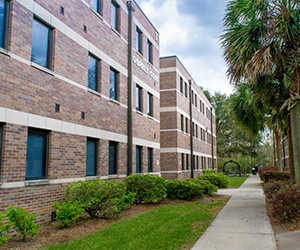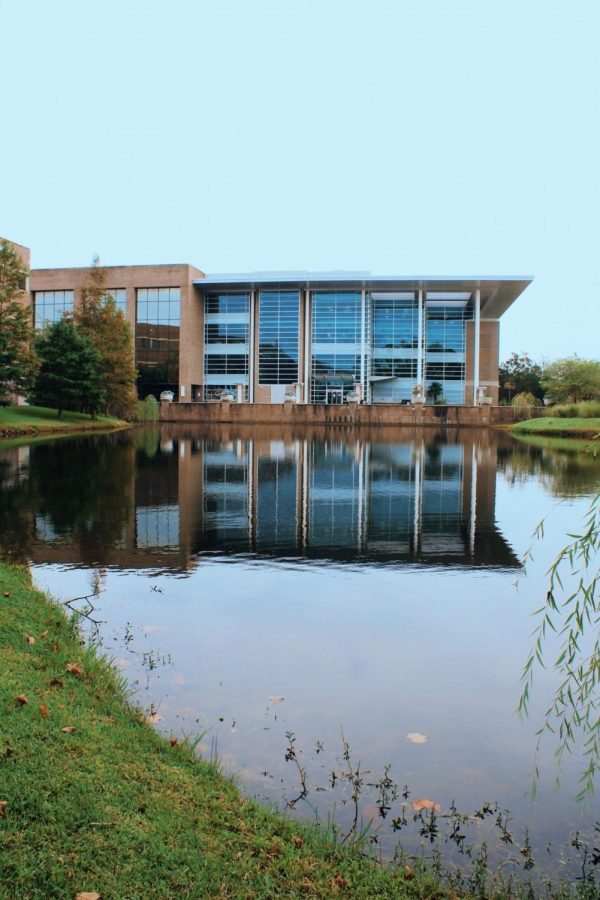What is student government, and why should we care?
It’s easy to hear John Aloszka’s name thrown around on campus, or to see “student government” tacked on to banners and announcements around campus and not think twice about it. Still, most students don’t know what UNF’s student government actually does.
UNF’s student government has existed since 1975 for the purpose of representing the student body on the local and state level and to develop programs to benefit the campus. Modeled after the national government, it’s broken down into three branches.
The executive branch consists of the student body president, currently John Aloszka, and his vice president Nat Costello. Other members of the branch include the Attorney General, Student Advocate, Treasurer, and Chief of Staff, among others.
Their job is to work in conjunction with the other two branches to represent student concerns, speak at campus events, work with organizations like athletics or Greek life and coordinate programs. Last semester’s projects for the executive branch included Wi-Fi improvements, increased mental health awareness on campus and more accessible hygiene products.
Then there’s the judicial branch, which is comprised of eight associate justices and one chief justice, modeled after the US Supreme Court. The chief justice is elected annually and is currently Lucas Richter. The job of the judicial branch is to interpret the Constitution and Statutes of student government, settle student disputes and give the final say on impeachment.
An important thing to note about the judicial branch is that they also handle parking appeals and student conduct, so there’s a chance you’ll interact with the judicial branch at one point or another during your tenure as a student.
The legislative branch, lastly, meets every Friday in Senate meetings or in committee meetings to pass legislation and resolutions and to represent UNF students at all levels of government. Senators are elected in both fall and spring elections.
There are four standing committees within the legislative branch, each with its own duties and specialties. Budget and Allocations decides how much funding organizations are granted for special requests or travel requests. Government Oversight deals with intergovernmental affairs and vets candidates for various offices, like potential senators.
University and Student Affairs connects students, government, and university administration to plan events and address concerns. They hold four events a semester where you can get involved and talk about any concerns you have or just learn more about what’s happening on campus. Constitution and Statutes deals with the constitution of student government, such as election procedures and qualifications to become a senator.
Fall elections for senate are ramping up, so it’s important to know what exactly you’re voting for. If you don’t know what a senator does, it’s difficult to judge who you’d want to do the job. The first day of elections is Tuesday, Oct. 22, but there will be plenty of opportunities before then to learn about the candidates. Student government is hosting an Elections Fair on Wednesday, Sept. 18 to bring together candidates, students and political parties in the Student Union Plaza.
If you are interested in getting involved in student government, you can visit their website or stop by their office in Student Union East.
__
For more information or news tips, or if you see an error in this story or have any compliments or concerns, contact editor@unfspinnaker.com.















